
Although specialty pharmacy has mirrored health care IT’s explosive growth and market innovation over the past several decades, the industry has not advanced significantly in dispensing software.

Although specialty pharmacy has mirrored health care IT’s explosive growth and market innovation over the past several decades, the industry has not advanced significantly in dispensing software.

Vitamin D supplementation is a vital and inexpensive way to prevent and treat deficiency; however, its use in preventing and treating other conditions is less clear.
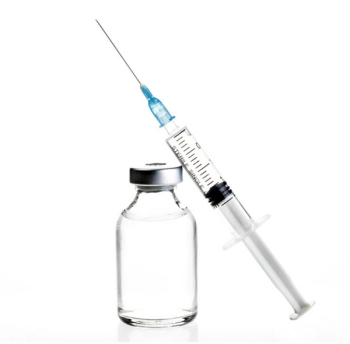
The vaccine has robust effects for multiple serotypes of pneumococcal disease.
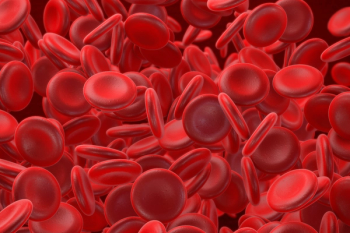
Men were more likely than women to be prescribed dual blood-thinning therapy following a minor stroke or transient ischemic attack.

Single nasal swab test can determine whether a patient has COVID-19, influenza, respiratory syncytial virus, or a combination of these viruses in as little as 2 hours.

Pimavanserin is an atypical antipsychotic indicated for the treatment of Parkinson disease-associated hallucinations and delusions.

These agents are likely to become the mainstay of cancer treatment in the very near future.

Patients with sepsis were 27% more likely to die, 38% more likely to be rehospitalized for any cause, and 43% more likely to return to the hospital specifically for cardiovascular causes.
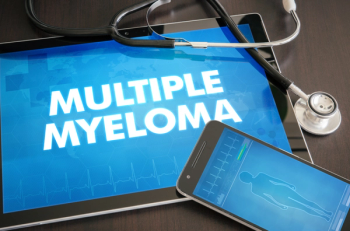
Isatuximab and daratumumab offer promising treatment options for previously treated multiple myeloma.

Migraine could be considered a clinical marker of increased obstetric risk in pregnant women.
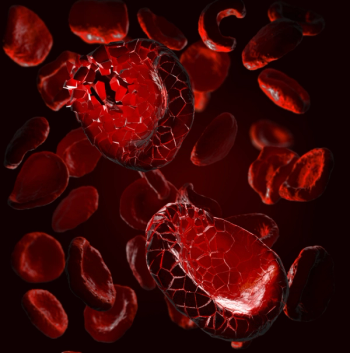
Bone marrow transplant could effectively change the brain’s blood vessels from abnormally narrowing.

Worse cases of periodontitis demonstrate association with progression of the scarring of the heart’s left atrium, data indicate.

The economic burden of symptoms of major depressive disorder were estimated to cost $326 billion for the United States in 2018 alone.
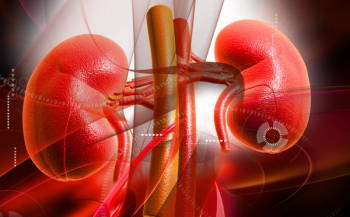
The knowledge of clinical pharmacists can help protect kidney function and prevent the development of acute kidney injury in ICU patients.

The approval is for the youngest patient population with hereditary angioedema to date.

Patients with triple-negative breast cancer treated with veliparib had statistically significantly longer survival than those given placebo.

In a clinical trial program, 92% of health care providers, patients, and caregivers were able to successfully administer tezepelumab-ekko both in the clinic and at home for severe asthma.

Ultra-processed food consumption linked to an increased risk of developing and dying from ovarian cancer and breast cancer.

Belimumab was the first and only approved biologic for active systemic lupus erythematosus and lupus nephritis in more than 50 years, including for pediatric patients.

Participants also generally prefer newer injectable pre-exposure prophylaxis compared to pills for HIV prevention.

Study findings mark the first evidence of improved health-related quality of life scores following treatment with an investigational microbiome agent in patients with recurrent Clostridioides difficile.

Specialty medication has grown to about 55% of net spending, which is up by 28% since 2011 mostly driven by autoimmune diseases and oncology.

Sacituzumab govitecan-hziy (Trodelvy) is a conjugated Trop-2-directed antibody and topoisomerase inhibitor previously approved for patients with triple-negative breast cancer.

Availability of TNF-alpha inhibitor biosimilars in Southern European markets led to lowered costs within the drug class, even after an increased consumption volume for these therapies.

Peripheral artery disease is more common in Black patients than any other racial or ethnic group, but its potential association with negative social determinants of health is not known.
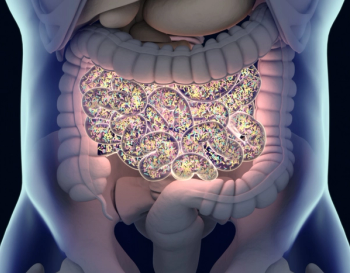
Study shows a statistically significant improvement in inflammatory syndrome after a fecal microbiota transplant in patients coinfected with COVID-19 and clostridioides difficile.

B12 deficiency is often due to a lack of consumption of vitamin B12 rich foods or malabsorption.

IQVIA report states that appropriate reimbursement for all health care professionals who provide immunization services would encourage their ongoing provision of vaccines.

Results from the phase 2 and long-term trials will be presented later this year, following further data collection.

CVS and Walgreens have both recently announced that they are seeking FDA certification to use the mail to distribute mifepristone, the first pill used in a 2-drug abortion.